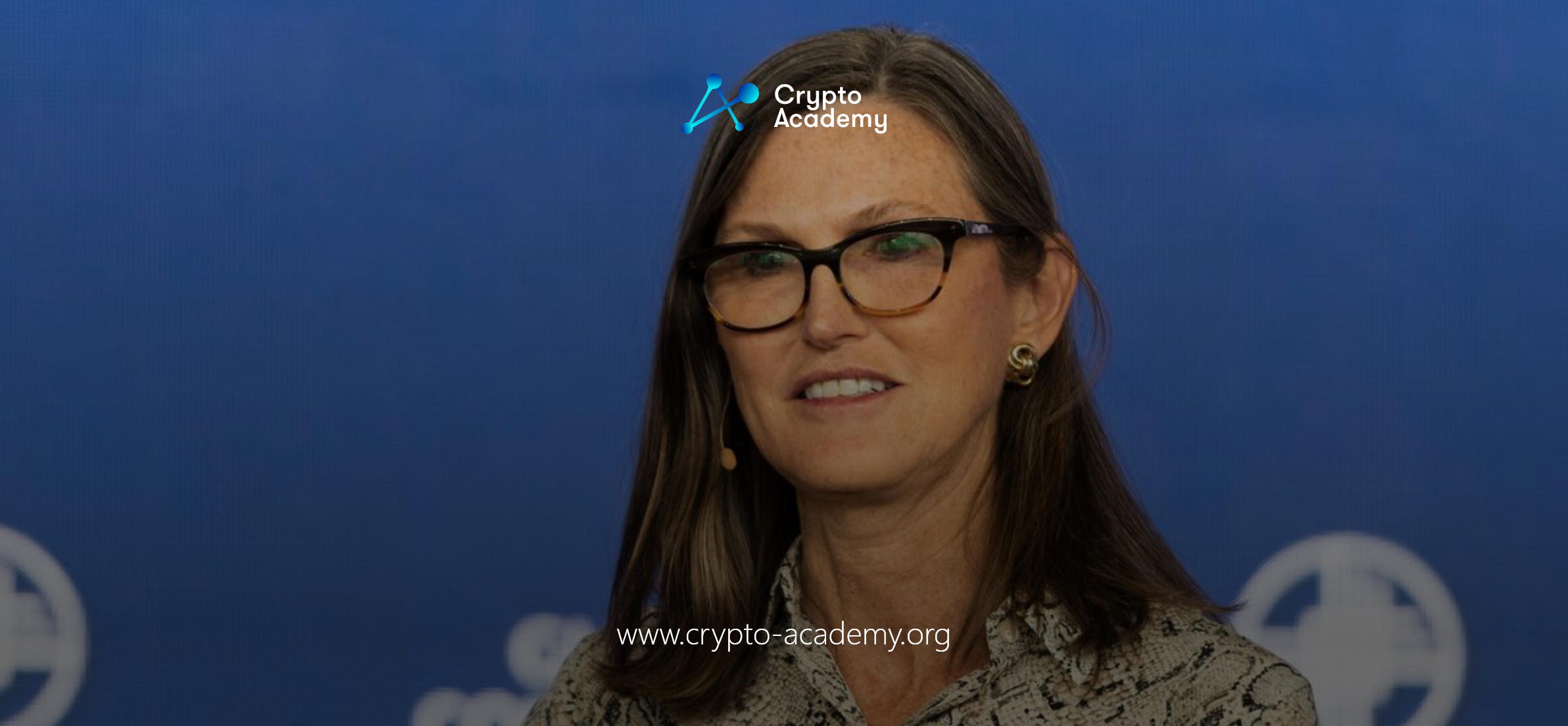Cathie Wood supports Tesla’s move to Texas and the leadership of Elon Musk against court rulings undermining shareholder rights.
Tesla’s CEO Elon Musk has proposed relocating the company’s incorporation from Delaware to Texas. This decision comes in the wake of a court decision that nullified Musk’s substantial $56 billion compensation agreement. Cathie Wood, the CEO of Ark Invest and a shareholder in Tesla, has expressed strong support for Musk’s proposal. She criticizes the court’s decision for undermining the authority of Tesla’s shareholders and board, labeling it as fundamentally contrary to American principles and detrimental to investors.
Shareholder Rights and Corporate Governance
Wood highlights the frustration among shareholders caused by the court’s ruling, which she believes strips them of their voting rights. According to her, this move not only disrespects the decision made by a significant majority of Tesla’s investors, who had approved Musk’s pay package, but also questions the competence of Tesla’s board of directors. Furthermore, she argues that such actions are detrimental to the spirit of investor democracy and corporate governance in the United States.
Wood’s advocacy extends beyond mere support for relocating Tesla’s incorporation. She also backs Musk’s quest for increased voting shares, a move she views as essential for the company’s continued innovation and growth. Contrary to concerns that this might give Musk undue control, Wood sees it as a necessary measure to ensure Tesla’s visionary leadership remains unimpeded by short-term investor pressures. Musk’s leadership style, characterized by a focus on disruptive innovation, requires the freedom to execute long-term strategies without being derailed by external influences.
The Role of Visionary Leadership
In Wood’s view, Musk epitomizes the type of leadership required in the era of rapid technological advancement. Additionally, she adds that his contributions to the industry and broader societal progress make him a figure of “Renaissance” caliber in the modern age. She argues that visionary leaders like Musk often face unwarranted resistance, despite their crucial role in driving forward groundbreaking innovations.
Lastly, Wood’s stance implies a broader debate on the balance between corporate governance, shareholder rights, and the autonomy of visionary leaders in guiding companies through volatile periods. She advocates for a governance model that allows innovative leaders to pursue their visions without being hindered by the short-sighted demands of some investors.

